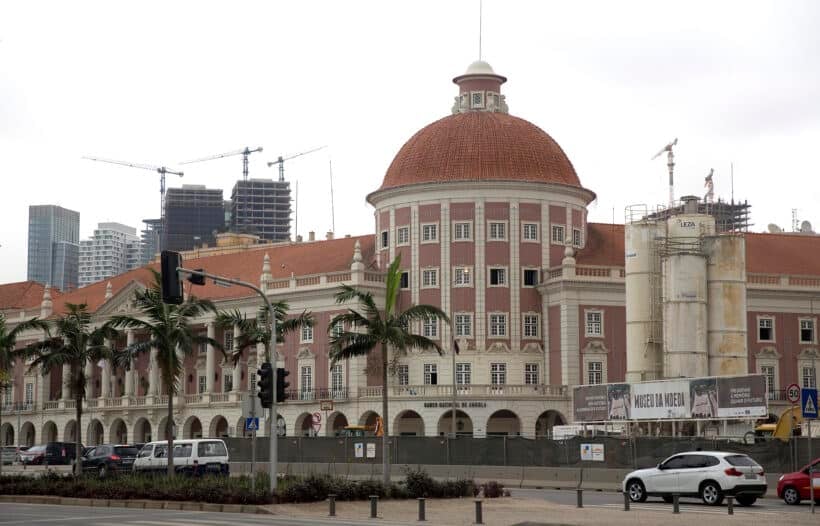
Durban, South Africa – May 16, 2025
African tourism ministers gathered at this year’s Africa Travel Indaba to confront shared challenges stalling the sector’s growth—chief among them, restrictive visa policies and poor air connectivity. Angola, once a rising star in regional tourism, is now making a renewed push to revive its fortunes after revenues plunged from $628 million in 2016 to just $24 million in 2022.
In a conversation with CNBC Africa’s Keamo Mosepele, Angola’s Minister of Tourism, Márcio De Jesus Lopes Daniel, outlined the country’s roadmap to recovery, anchored by its Long-Term Strategy to raise tourism’s contribution to GDP to 1.9% by 2050.
Minister Daniel emphasized that intra-African travel remains severely hampered by outdated visa regimes. “Young people in Europe and Latin America can travel freely. Why can’t we do the same in Africa?” he asked, stressing the urgency of a continent-wide visa-free policy. Efforts toward this goal are already underway through African Union initiatives.
To that end, Angola has taken a bold step by introducing a visa exemption decree for citizens from over 100 countries, positioning itself as an open and secure destination. Citing positive examples from Benin, Ghana, and Rwanda, Daniel said coupling relaxed entry requirements with robust security is essential to rebuilding traveler confidence.
Air connectivity was another focal point of the minister’s remarks. He revealed that Angola will host an air connectivity summit later this year to advance open skies policies and improve route accessibility across Africa. “Without reliable air links, tourism cannot survive,” he noted.
Beyond policy, Angola is working to strengthen regional ties through business-to-business engagements between tour operators from neighboring Zambia. These efforts aim to foster collaborative branding and encourage tourists to explore multiple destinations across Southern Africa.
While at the Indaba, Minister Daniel engaged with stakeholders from leading tourism markets like South Africa, Zimbabwe, Namibia, and Zambia. He underscored the importance of learning from their successes and forming unified strategies to boost the continent’s appeal to international visitors.
“Collaboration is key,” Daniel concluded. “If we want Africa to thrive as a global tourism destination, we must break down internal barriers and work together.”
With ambitious reforms, regional cooperation, and a clear vision, Angola hopes to chart a new course—one that not only revives its own tourism industry but contributes to a stronger, more connected African travel market.

